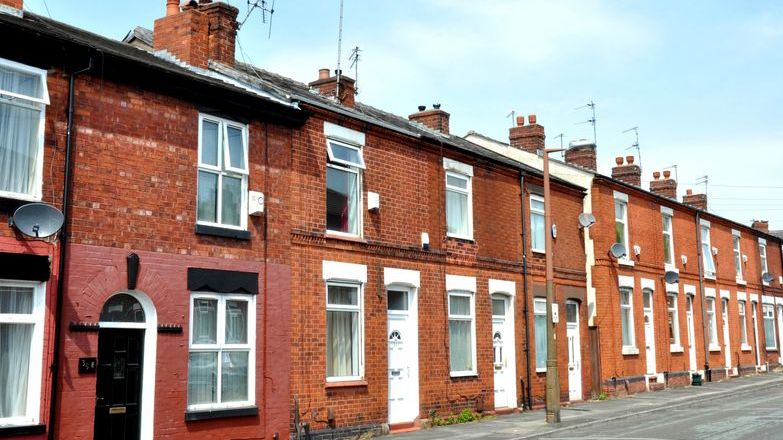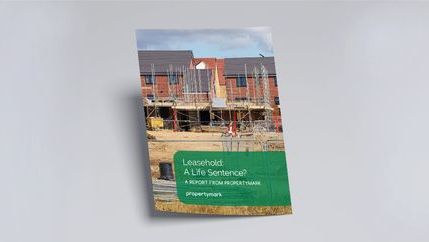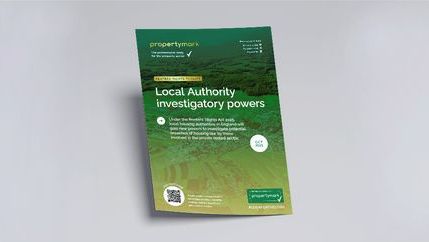
What the changes mean for ground rent payments
Under the current law, many people face high ground rents, which combined with a mortgage, can make it feel like they are paying rent on a property they own. Freeholders can increase the amount of ground rent with little or no benefit seen to those faced with extra charges. It can also lengthen and lead to increased costs when buying or selling the property.
These changes will mean that any leaseholder who chooses to extend their lease on their home will no longer pay any ground rent to the freeholder, enabling those who dream of fully owning their home to do so without unnecessary and unfair expenses – saving them thousands to tens of thousands of pounds.
A cap will also be introduced on ground rent payable when a leaseholder chooses to either extend their lease or become the freeholder. The Government will soon be introducing an online calculator to make it simpler for leaseholders to find out how much it will cost them to buy their freehold or extend their lease.
What the changes mean for the lease length
Leaseholders of houses can only currently extend their lease once for 50 years with ground rent. This compares to leaseholders of flats who can extend as often as they wish at a zero ‘peppercorn’ ground rent for 90 years. These changes mean both house and flat leaseholders will now be able to extend their lease to a new standard of 990 years with a ground rent at zero.
Retirement leasehold property changes
Further measures will be introduced to protect the elderly. The Government has previously committed to restricting ground rents to zero for new leases to make the process fairer for leaseholders. This will also now apply to retirement leasehold properties (homes built specifically for older people), so purchasers of these homes have the same rights as other homeowners and are protected from uncertain and rip-off practices.
Leaseholders will also be able to voluntarily agree to a restriction on the future development of their property to avoid paying ‘development value’.
Joined approach for the future of leasehold
The Government is also now establishing a Commonhold Council (a partnership of leasehold groups, industry, and Government) that will prepare homeowners and the market for the widespread take-up of commonhold.
The Government is abolishing prohibitive costs like ‘marriage value’ and set the calculation rates to ensure this is fairer, cheaper, and more transparent. An online calculator will be introduced to make it simpler for leaseholders to find out how much it will cost them to buy their freehold or extend their lease.
When will legislation be introduced?
The legislation will be brought forward in the upcoming session of Parliament, to set future ground rents to zero. This is the first part of seminal two-part reforming legislation in this Parliament. We will bring forward a response to the remaining Law Commission recommendations, including commonhold, in due course.
Propertymark's leasehold work
Following months of pressure from leaseholders, MPs, and media outlets such as the BBC and The Guardian, in July 2017 the Government vowed to put an end to poor leasehold practices by promising to ban the sale of new-build leasehold houses (although this is yet to be enshrined into UK law). During this time, Propertymark worked closely with Leasehold Solutions, the National Leasehold Campaign and Leasehold Valuers, to raise awareness of the scandal, and to bring the latest leasehold advice to agents and consumers alike.
As part of our campaign, we surveyed over 1,000 leaseholders to explore the extent of the scandal which has left thousands of Brits facing escalating ground rent, extortionate fees for making cosmetic alternations, and unable to sell their homes. It found that 62 per cent of respondents felt they were mis-sold their leasehold property and 93 per cent wouldn’t purchase another leasehold property.
Leasehold: A Life Sentence?
Thousands of homeowners are stuck in leasehold houses they cannot afford to continue living in and cannot sell. We surveyed over 1,000 people who bought a leasehold house to explore the extent of the scandal which has left thousands of Brits trapped in leases with third parties.







